Benefits Of A Humidifier While Sleeping
Introduction: Why Use a Humidifier While Sleeping?
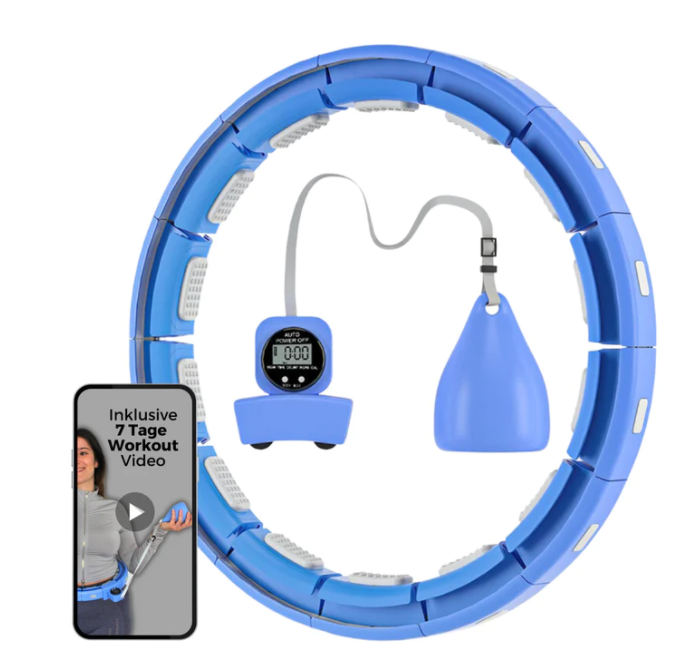
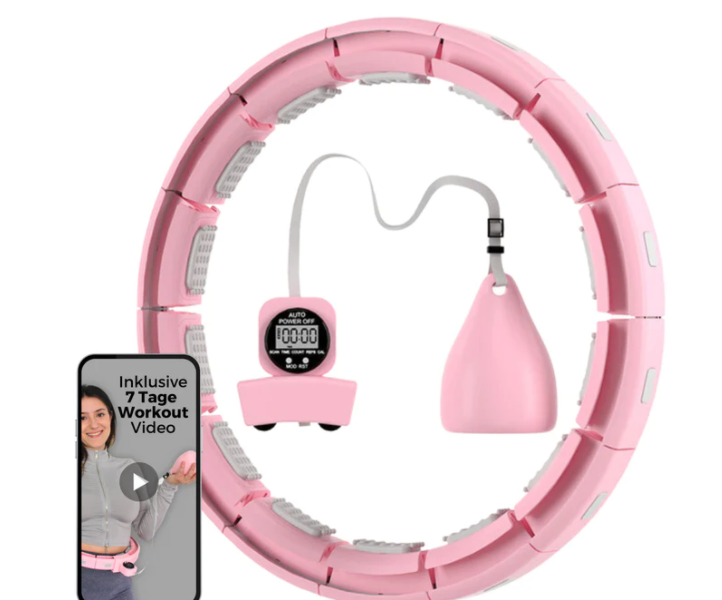
Detachable Massage Lazy Fitness Fat Burning Equipment
Gift Tree
Approx $73.26 USD
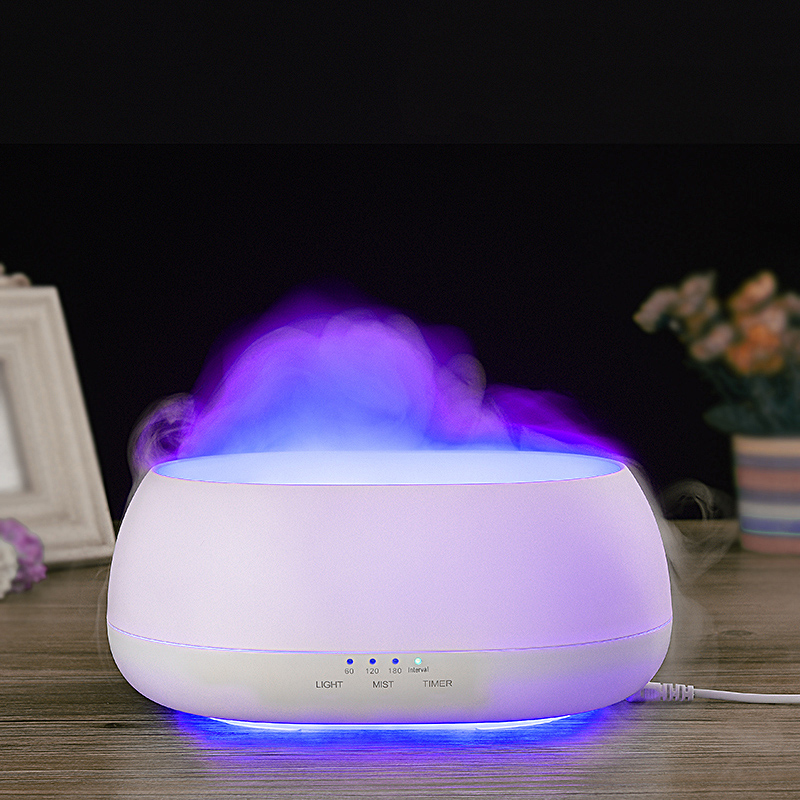
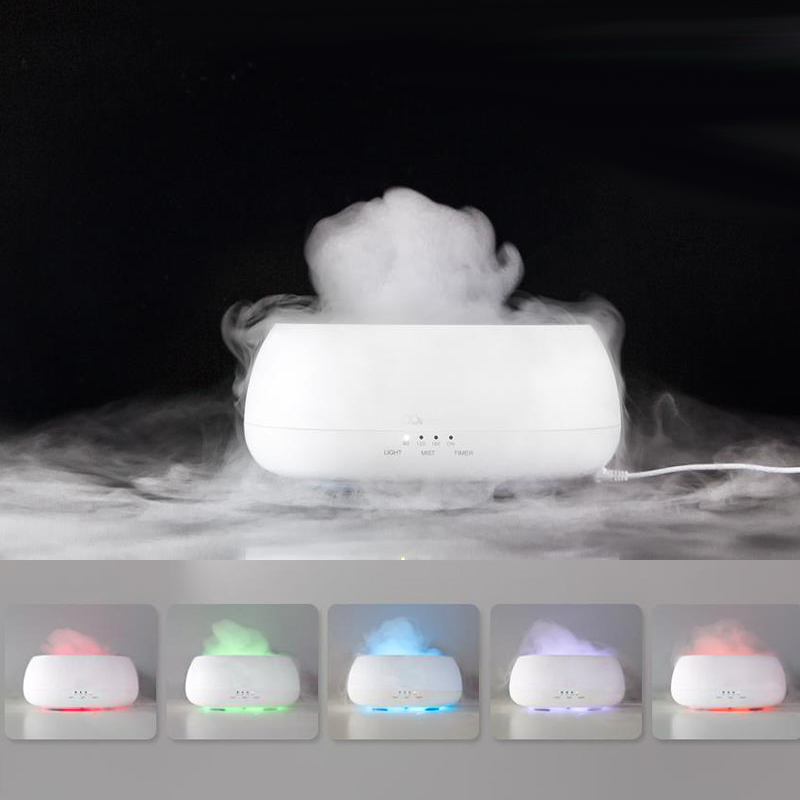
HOMEFISH Aroma Diffuser 500ml Ultrasonic Air Humidifier Colorful Light Fragrance Diffuser Essential Oil Diffuser For Home
Gift Tree
Approx $70.88 USD
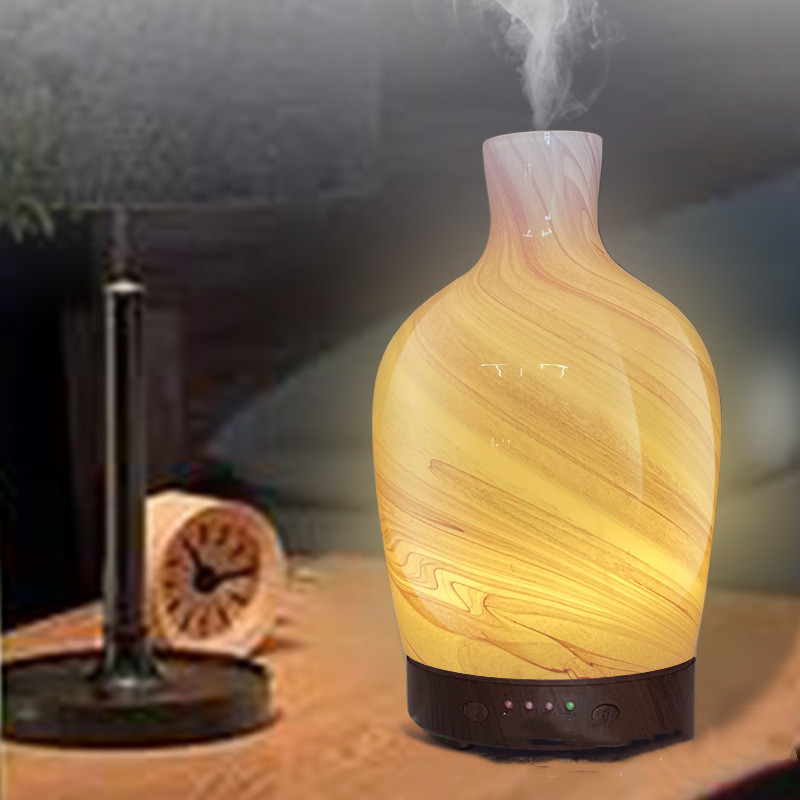
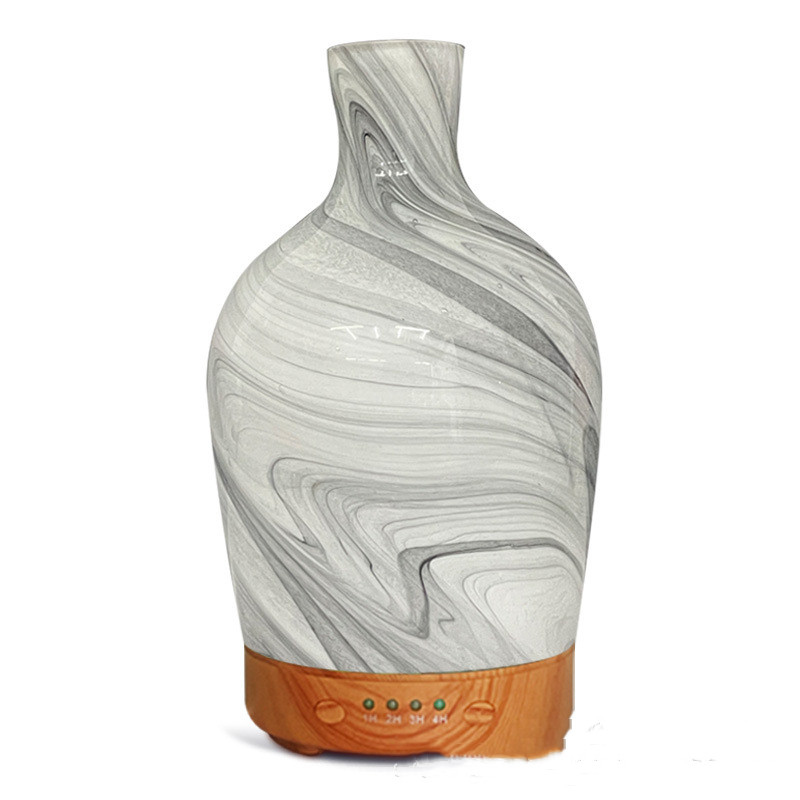
120 Ml3D Art Glass Aroma Diffuser Ultrasonic Humidifier
Gift Tree
Approx $67.31 USD
A good night’s sleep is essential for overall health and well-being. However, many people struggle with sleep disruptions caused by dry air, allergies, and other environmental factors. One simple yet effective solution is the use of a humidifier. Humidifiers add moisture to the air, making it easier to breathe and sleep peacefully. In this article, we will explore the numerous benefits of using a humidifier while sleeping, and why it is a must-have for better rest and improved health.
The Science Behind Humidifiers and Sleep
Understanding Dry Air and Its Impact on Sleep
Dry air, especially in colder months or in air-conditioned rooms, can have a significant impact on the quality of your sleep. When the air lacks moisture, it can cause irritation in your respiratory system, dry out your skin, and even make you feel more congested. This can lead to frequent wake-ups, difficulty breathing, and even poor sleep quality.
Humidifiers work by adding moisture to the air, making it easier to breathe, reducing the chances of waking up with a dry throat or nasal congestion. By increasing humidity levels, you are providing your body with a more comfortable environment that promotes deeper, uninterrupted sleep.
How Humidifiers Work
Humidifiers are simple devices that release water vapor or steam into the air, increasing the humidity level of a room. This added moisture helps soothe the respiratory system and can also improve skin hydration. There are various types of humidifiers, such as:
-
Evaporative Humidifiers: These use a wick filter that absorbs water, which is then evaporated into the air by a fan.
-
Ultrasonic Humidifiers: These use ultrasonic waves to create fine mist particles that are released into the air.
- Warm Mist Humidifiers: These heat water to produce steam, adding warmth to the air.
-
Cool Mist Humidifiers: These release cool mist, which is ideal for warmer climates or for people who prefer a refreshing
cool environment.
Each type has its advantages, but all work toward the same goal – to create a healthier, more comfortable sleep environment.
Key Benefits of Using a Humidifier While Sleeping
1. Improved Breathing and Respiratory Health
One of the primary benefits of using a humidifier while sleeping is that it helps improve the quality of your breathing. Dry air can irritate the respiratory system, leading to discomfort in your nose and throat. This can result in coughing, sneezing, and even snoring. By maintaining optimal humidity levels, a humidifier can help keep your airways moist, preventing irritation and making it easier to breathe.
Humidified air can also reduce the likelihood of developing colds and respiratory infections, which are more common in dry conditions. In New Zealand, where varying climate conditions can dry out indoor air, using a humidifier can provide much-needed relief for individuals prone to respiratory issues.
2. Reducing Snoring and Sleep Apnea Symptoms
Snoring is often caused by dry air that leads to the narrowing of the airways, resulting in obstructed airflow. The moisture provided by a humidifier can help alleviate this by keeping your throat and nasal passages moist, making it easier to breathe freely and reducing the vibrations that cause snoring.
For those suffering from sleep apnea, a humidifier can help reduce the discomfort caused by CPAP (Continuous Positive Airway Pressure) machines. The added moisture makes the air delivered by the machine more comfortable, reducing dryness and irritation in the throat and nose.
3. Enhancing Skin Health
Sleeping with a humidifier can do wonders for your skin. Dry air can strip moisture from your skin, leaving it feeling tight, flaky, and irritated. By introducing moisture into the air, a humidifier helps keep your skin hydrated, preventing dryness and promoting a soft, smooth appearance.
In New Zealand, where the climate can vary significantly, particularly in colder months, using a humidifier while sleeping can help maintain healthy skin by preventing it from becoming dehydrated.
4. Alleviating Allergy and Asthma Symptoms
If you suffer from allergies or asthma, a humidifier can significantly improve your sleep quality. Dry air can aggravate symptoms such as congestion, coughing, and sneezing. By adding moisture to the air, a humidifier can help reduce these symptoms and allow for better breathing while you sleep.
Moist air also helps thin mucus, making it easier to clear out allergens and irritants from the respiratory system. In regions with seasonal allergies or fluctuating air quality, such as New Zealand, using a humidifier can help provide relief during the night.
5. Improving Sleep Quality
A more comfortable sleep environment can lead to deeper and more restful sleep. When the air is moist, you are less likely to wake up due to discomfort, such as a dry throat or stuffy nose. This means fewer disruptions during the night and more time spent in the restorative stages of sleep.
By keeping the air moist, a humidifier helps regulate your body temperature, which is crucial for sleep. Studies have shown that a cooler, more humid environment promotes better sleep cycles, leading to improved overall sleep quality.
Choosing the Right Humidifier for Better Sleep
Types of Humidifiers to Consider
Not all humidifiers are created equal, and choosing the right one depends on your specific needs and the size of your room. Here are some key factors to consider when selecting a humidifier for sleep:
-
Size of the Room: Ensure that the humidifier is suitable for the room size. Smaller humidifiers are ideal for bedrooms,
while larger models work better for larger living spaces.
-
Noise Level: Some humidifiers can be noisy, which can interfere with your sleep. Look for models that are labeled as quiet
or designed specifically for bedrooms.
-
Ease of Maintenance: Regular cleaning is essential to prevent the growth of mold and bacteria in the water tank. Choose a
humidifier that is easy to clean and maintain.
-
Filter vs. Filterless: Some humidifiers require filters that need to be replaced regularly, while others are filterless.
Both options have their pros and cons, so choose one that fits your maintenance preferences.
Features to Look For
-
Adjustable Humidity Settings: This allows you to customize the moisture level based on the climate and your preferences.
-
Automatic Shut-Off: Many humidifiers come with a safety feature that automatically turns the device off when the water runs
out, preventing damage.
-
Essential Oil Compatibility: If you prefer aromatherapy while sleeping, consider a humidifier that allows you to add
essential oils to the mist.
How to Use a Humidifier Effectively for Better Sleep
To maximize the benefits of a humidifier, consider these tips:
-
Positioning: Place the humidifier in a central location in your room, preferably on a nightstand or a table. Avoid placing
it directly on the floor, as it can affect the humidity levels.
-
Water Quality: Always use clean, filtered water to avoid spreading bacteria or minerals into the air. Distilled water is
often recommended for humidifiers.
-
Regular Cleaning: Clean your humidifier regularly to prevent mold and bacteria build-up. Follow the manufacturer’s
instructions for maintenance.
Enhance Your Sleep with a Humidifier
Using a humidifier while sleeping is a simple yet highly effective way to improve your sleep quality and overall health. By creating a more comfortable and breathable environment, a humidifier can help reduce snoring, alleviate allergy and asthma symptoms, and enhance skin hydration. Whether you live in a dry climate or simply want to enjoy better sleep, a humidifier is a worthy investment for a more restful night.
Enter your content here

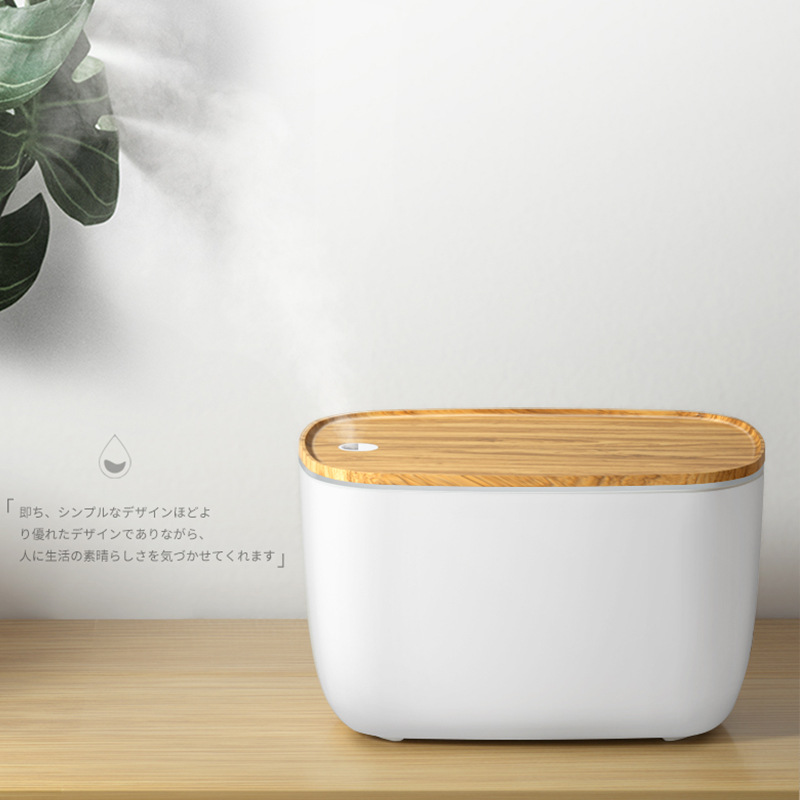
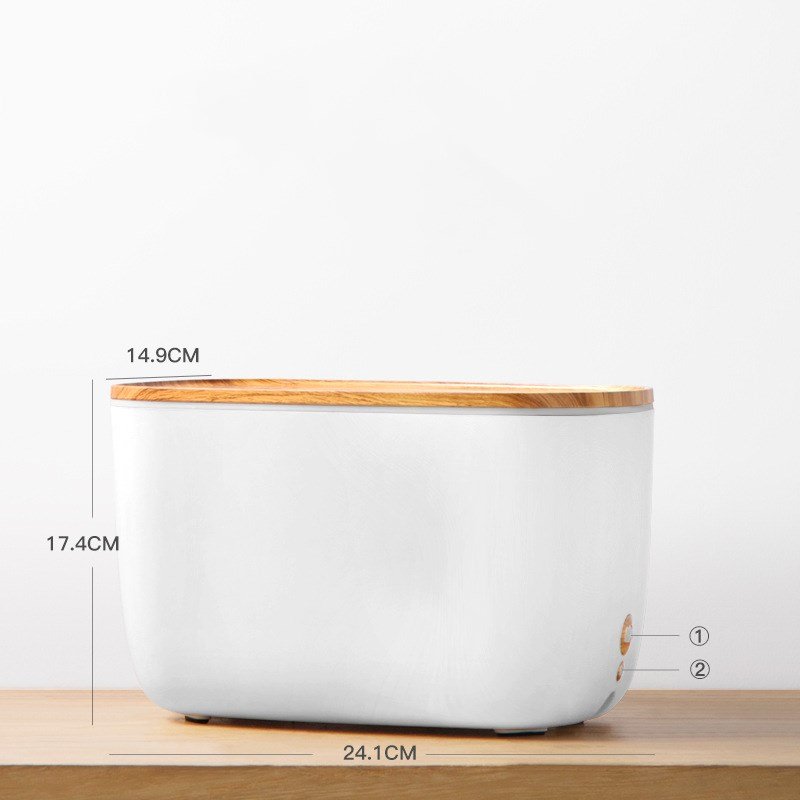
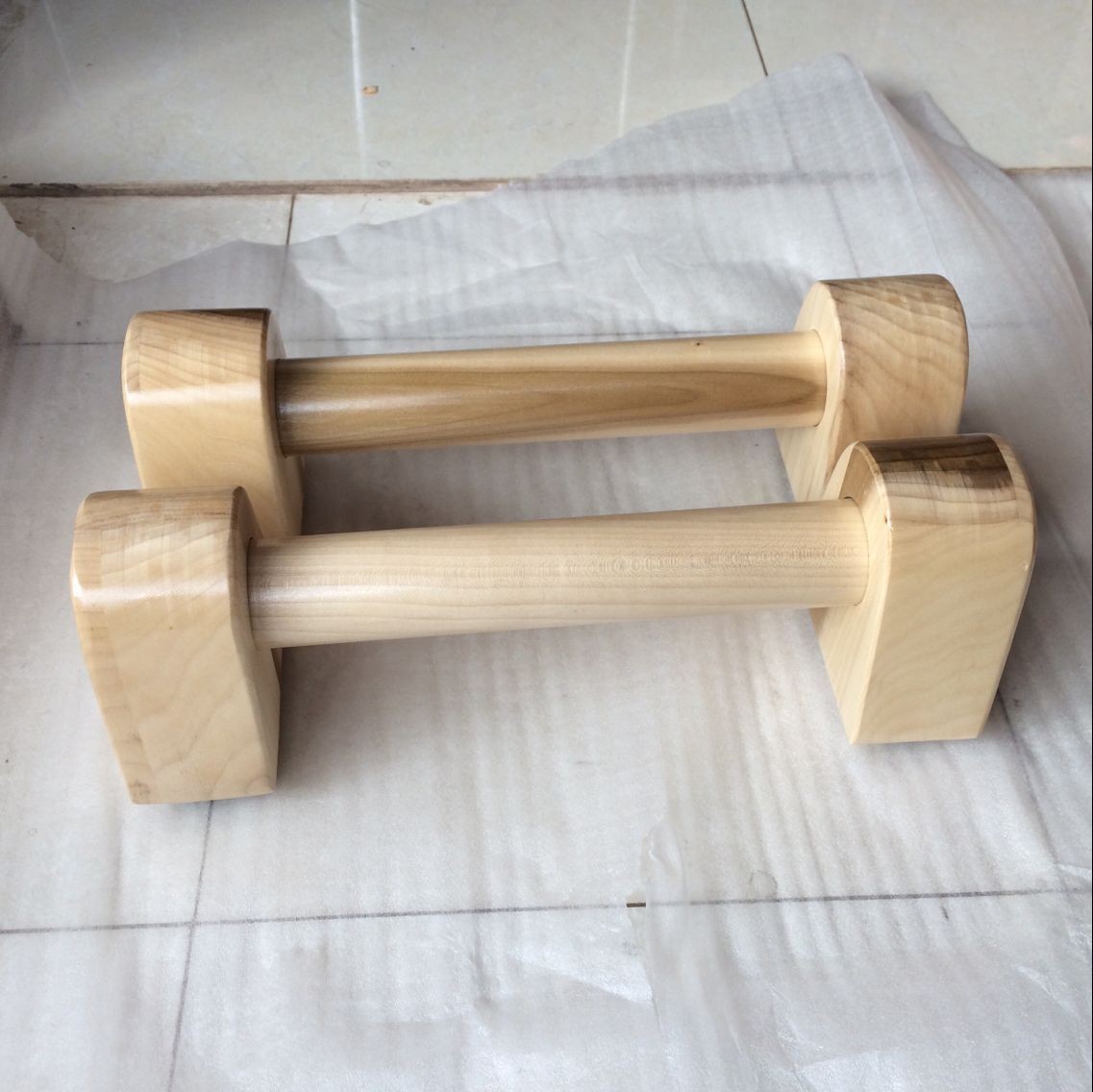
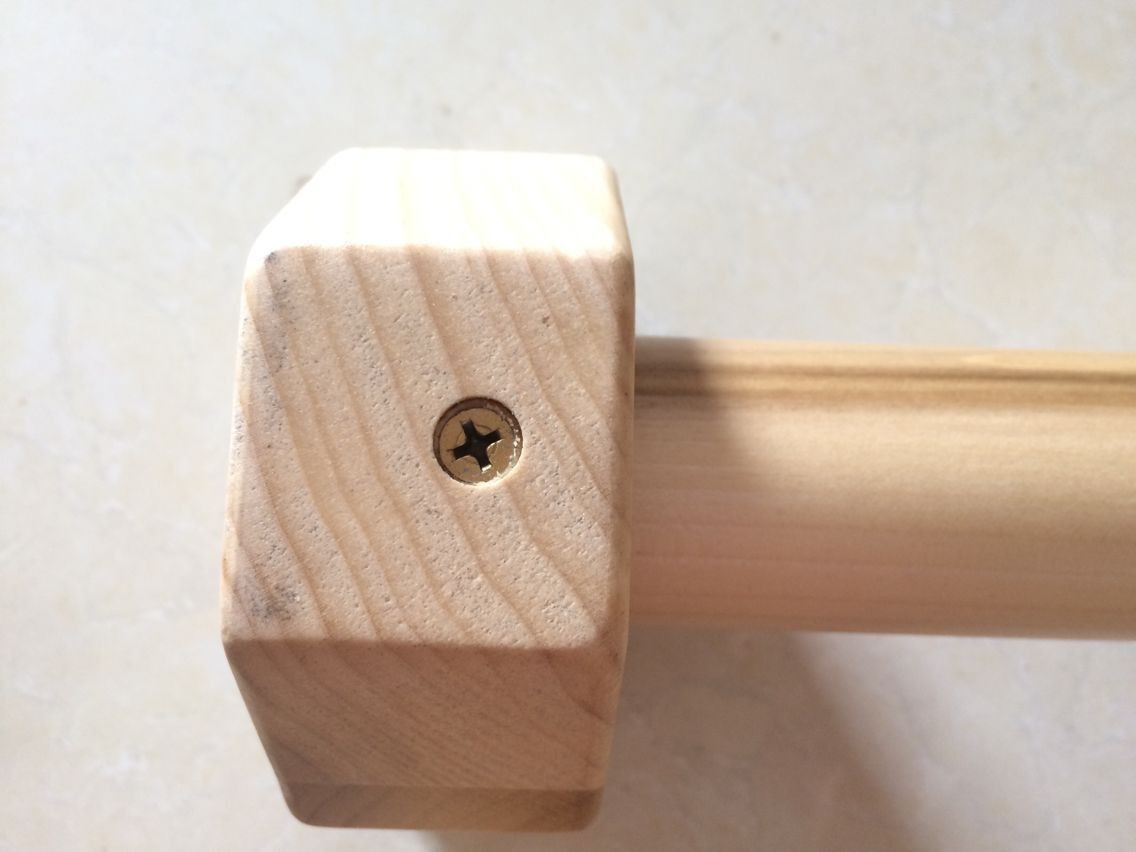
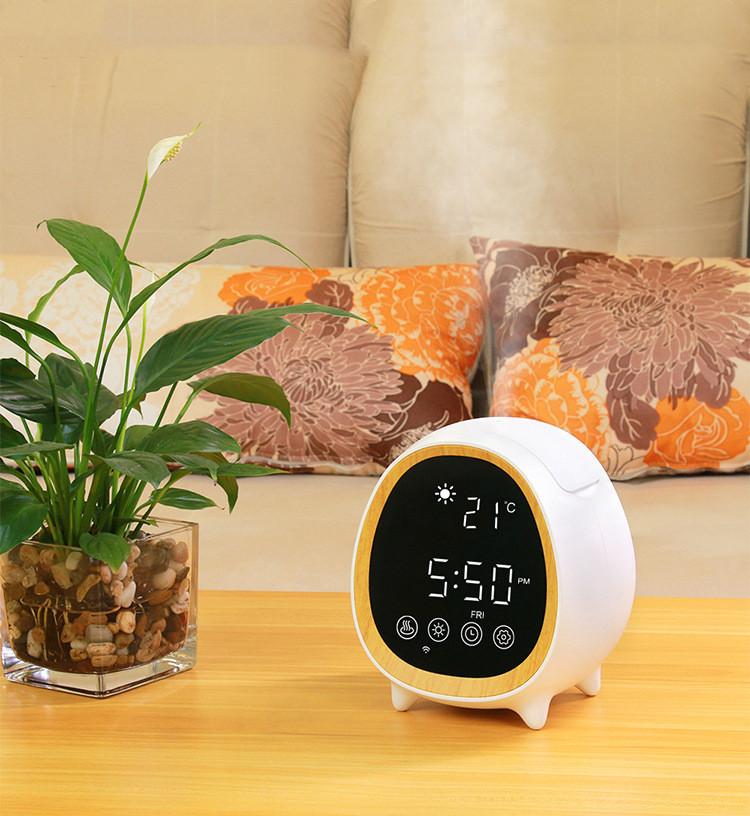
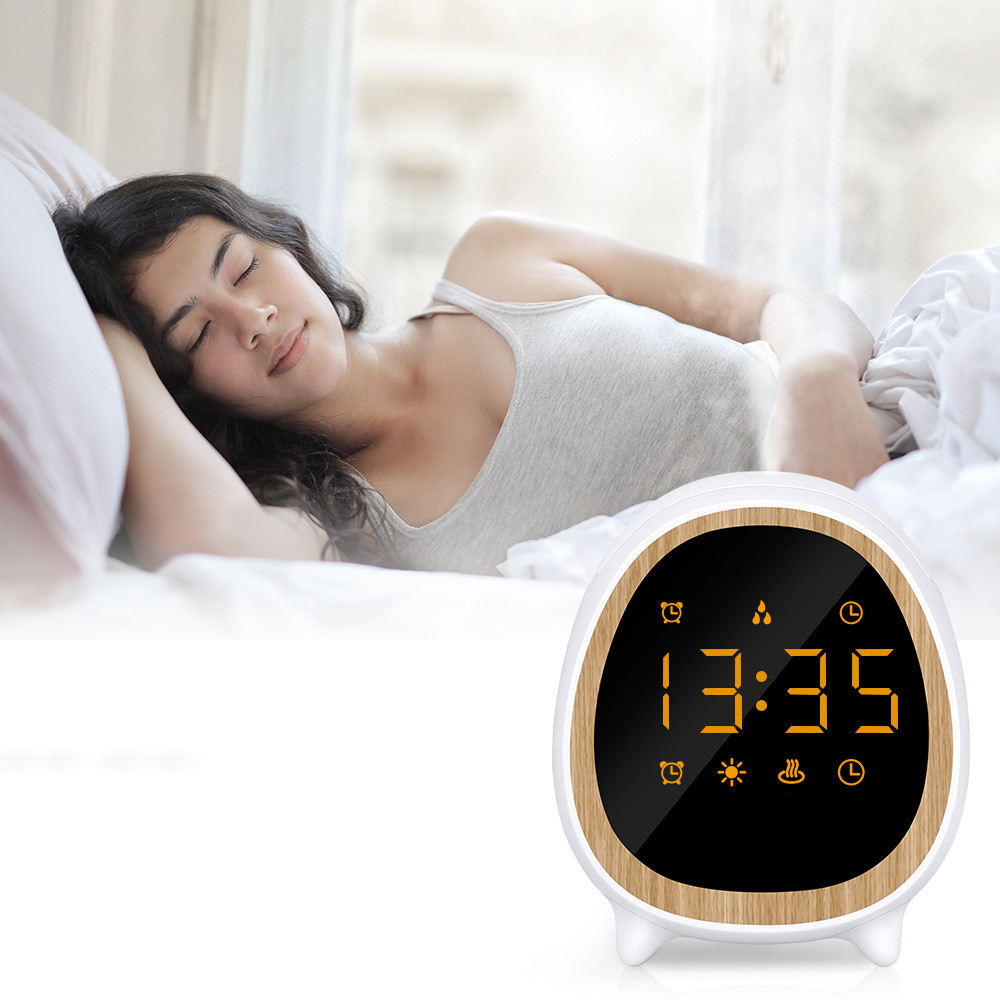


.jpg)









.jpg)





.jpeg)





.jpeg)



.jpeg)








.jpeg)



.jpeg)

.jpeg)

.jpeg)

.jpeg)




.jpeg)
.jpg)

.jpeg)






.jpeg)
.jpeg)




.jpeg)





.jpeg)


.jpeg)

.jpeg)

.jpeg)

.jpeg)







.jpeg)
.jpeg)
.jpeg)





.jpeg)



.jpeg)






.jpg)
.jpeg)









.jpg)


ulva-Logo.jpg)




.jpeg)



.png)















.png)























